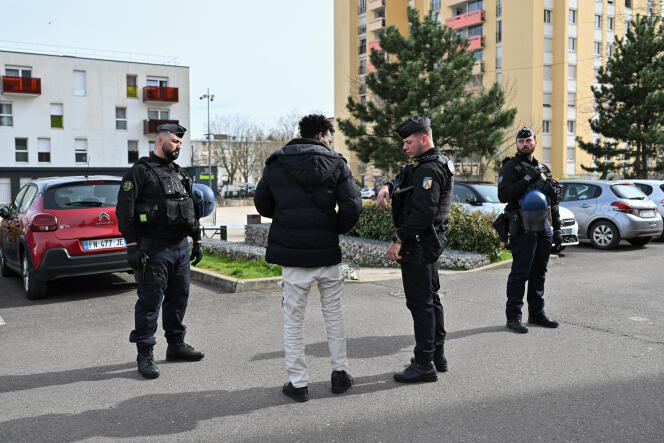
On Thursday, April 11, two international NGOs and three French associations filed a complaint with the United Nations to put an end to what they call "racial profiling" in France. In their complaint, Amnesty International France and Human Rights Watch, as well as Pazapas, the Réseau Égalité, Antidiscrimination, Interdisciplinary Justice Network (REAJI) and the Community House for Solidarity Development (MCDS) said they were acting "because of the absence of concrete, effective and relevant measures to put an end to the practice of discriminatory identity checks." According to the plaintiffs, France is not complying with the provisions of the International Convention on the Elimination of All Forms of Racial Discrimination (ICERD), which it signed in 1971.
France is, however, far from the only European country where the practice of identity checks – both the hallmark of police activity and the Gordian knot of its relationship with the public – is the subject of lively public debate. The title of an article published by Futuribles magazine in March and co-authored by Jacques de Maillard, director of the Centre for Sociological Research on Law and Criminal Justice Institutions (CESDIP), and Mike Rowe, senior lecturer in public management at the University of Liverpool, is enough to sum up the issues at stake: "Police Stop-and-Search Policies in Europe: Recurring Protests, Limited Reforms."
The work was informed by the findings of an extensive study carried out between 2018 and 2023 by 80 researchers in 27 European states, and brought together within the COST research network (European Cooperation in Science and Technology), funded by the European Union.
Admittedly, the terms of the debate vary significantly from country to country, depending on local situations fed by police culture, history, public policy or more contemporary current events. As a result, each country has its own particular bias: "over-control of populations of immigrant descent" in France, Belgium, the Netherlands or Great Britain; of migrants in Germany or Spain; of minorities such as the Roma in Hungary; or an instrument for limiting protest movements in Poland.
Nevertheless, the fact remains that both the controversies and the reflections of public stakeholders, be they institutional, political or non-governmental (since the early 2000s, citizens' associations have played a crucial role in publicizing the problems associated with police checks), enable us to draw three lessons that are shared from one country to the next.
You have 62.11% of this article left to read. The rest is for subscribers only.